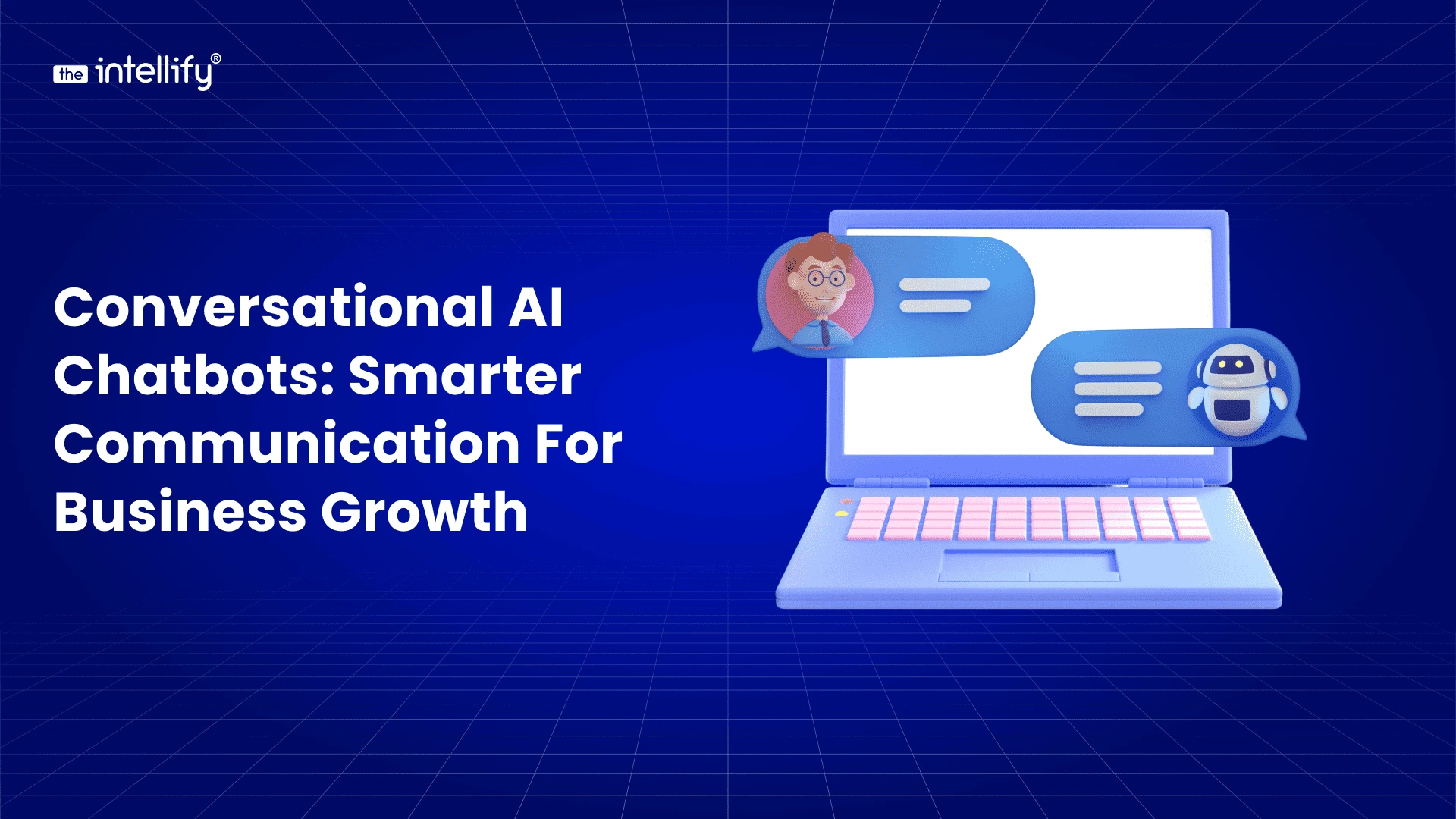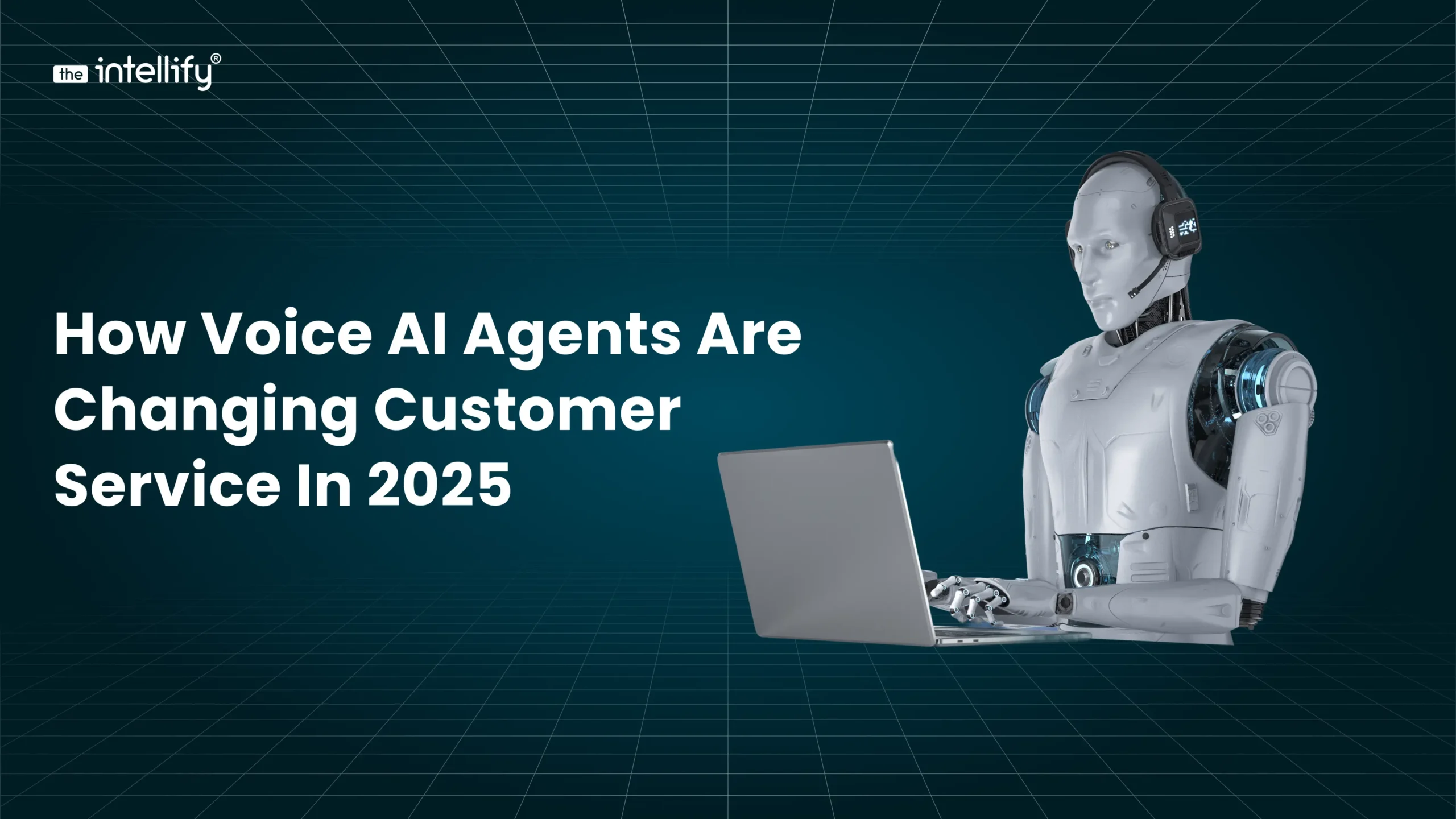Introduction
Artificial intelligence is driving a paradigm shift in the real estate (Immobilien) sector. In Germany (Deutschland), the future of the Immobilienmarkt (real estate market) is being redefined by smart building technologies, AI agents, and digital innovations that transform property development, management, and transactions.
AI is now central to modernising how Immobilien are built, sold and managed in Deutschland. This blog explores how AI is solving current challenges in the German real estate market, from reducing energy use in buildings to automating routine tasks and highlights real-world examples in city-scale projects and startup innovations.
AI’s Role in Germany’s Real Estate Revolution
Germany’s real estate market (Immobilienmarkt) is experiencing rapid digitalisation and growth in PropTech. The number of active PropTech startups in Germany reached 1,090 in early 2024, a 22% increase year-over-year.
This boom reflects growing interest in AI and automation: from automated property listings to AI-powered analytics, real estate agents and developers recognise that integrating AI is no longer optional, but a competitive necessity. Industry groups like the German Property Federation highlight that AI will play a central role in the sector’s transformation.
- PropTech growth: Startups are focusing on energy efficiency, smart building solutions and new online services, underlining the surge in the AI market.
- AI-driven automation: Digital tools (virtual assistants, automated marketing, predictive analytics) help agencies and developers streamline tasks, cut costs, and speed up transactions.
- Data insights: Machine learning algorithms analyse market data (trends, demographics, search behaviour) to highlight opportunities and risks, helping agents and investors make smarter decisions.
Berlin, Munich and Hamburg are major PropTech hubs where AI adoption is accelerating. Yet AI-driven innovation is spreading nationwide, indicating that the future of Germany’s real estate rests on smart digital solutions.
Smart Building Technologies and AI Integration
Smart building technology (Gebäudeautomation) is where AI shines. A smart building uses a network of sensors and a central AI “brain” to let systems like lighting, HVAC and security communicate and optimise collectively.
For example, the AI can learn occupancy patterns and pre-adjust climate or lighting for comfort. These systems create intelligent buildings that continuously improve efficiency.
Benefits of smart buildings include:
- Automation: IoT sensors feed data to AI, automating climate control, security and maintenance.
- Digital twins: Virtual twins simulate building performance. Hamburg built a full digital twin of the city using LiDAR; AI then labels objects and can predict events like floods for planning.
- Energy efficiency: The AI “brain” spots idle areas to shut down systems and optimises HVAC, yielding major energy savings.
Smart city digital twins allow simulation of extreme scenarios. In Hamburg, AI-labelled 3D models predicted how floodwaters would spread across the city, informing protective measures.
These smart building technologies support sustainable development. Bosch notes that intelligent buildings can monitor and optimize their energy use, cutting carbon emissions. In effect, AI-powered real estate tools turn ordinary developers into “smart builders” who design and run greener, more efficient buildings.
AI Agents and Chatbots in Real Estate Services
AI-driven agents and chatbots are making real estate agencies more responsive. For instance, chatbots on property websites act like AI real estate agents, answering questions and scheduling viewings 24/7. The Intellify has developed an AI platform that schedules appointments, answers client questions, and even posts listings on behalf of agents.
Typical use cases of AI assistants include:

- Customer engagement: Real estate bot chat AI guides buyers through the search process, recommends properties based on preferences, and books tours automatically.
- Agent productivity: AI assistants generate property descriptions, manage leads, and compose emails, freeing human agents to focus on high-value work.
- Virtual tours: Conversational AI can accompany virtual walkthroughs, answering questions in real time about room features or neighbourhood amenities.
By adopting these AI real estate assistants, agencies improve response times and personalise service. Industry reports show that firms using AI chat systems see higher engagement and faster deal closures.
Predictive Analytics and AI-driven Property Valuations
AI and machine learning are transforming how properties are valued and investment decisions are made. In real estate development and financing, AI enables faster, more accurate valuations. Predictive analytics can process vast datasets, including market trends, local demographics, amenities and even social data, to produce precise price estimates and forecasts.
For example, algorithms can analyse neighbourhood dynamics (school quality, transit access), historical sale prices, and rental demand to predict a property’s current or future value. This helps real estate developers and investors make better decisions. AI-driven models help avoid under- or over-pricing and optimise portfolios, reducing risk and maximising returns.

In summary, AI provides a data-driven foundation for real estate development and financing, improving transparency and efficiency in the market.
Smart Energy Management in German Buildings
One of the most impactful applications of AI in German real estate is smart energy management. Buildings account for nearly 40% of global carbon emissions, so optimising their energy use is crucial. AI helps by learning usage patterns and controlling systems for peak efficiency.
Key smart energy solutions include:
- AI-driven HVAC: Smart thermostats like Munich-based Tado° adapt heating/cooling to resident behaviour, improving efficiency.
- Building analytics: Cologne/Berlin’s Lumoview scans buildings using AI-driven sensors. It captures floor plans and thermal data in seconds, then creates 3D models for energy analysis.
- District heating optimisation: AI can manage communal heating networks, balancing supply with real-time demand across multiple buildings.
- Renewable integration: AI systems coordinate solar panels and batteries. For example, buildings might schedule appliance use to match peak solar output, reducing grid consumption.
- Smart lighting: AI-driven lighting systems automatically dim or turn off lights based on occupancy and daylight, cutting electricity use.
These AI applications reduce costs and emissions. Bosch notes that ongoing building operation accounts for the majority of life-cycle costs, so AI-driven optimizations can significantly lower bills. In turn, these innovations bring Germany closer to its 2045 climate-neutral building goals.
Leading Cities: Berlin, Munich, Hamburg Embrace AI
German cities are eager testbeds for real estate AI innovation. Berlin has a booming PropTech ecosystem, with startups using AI for everything from property search algorithms to smart energy monitoring. Berlin-based Lumoview (mentioned above) is expanding its AI building-scanning service nationwide.
Munich’s tech scene drives IoT and smart building advances. Munich-based Tado° exemplifies this by using AI for smart home heating. Larger companies in Munich also apply AI analytics for commercial properties and smart city projects.
Hamburg is another leader: Hexagon created a detailed digital twin of Hamburg’s cityscape using AI-powered LiDAR mapping. This enables simulations (like flood models) to improve urban planning. Hamburg also explores AI-managed district heating and building efficiency, aligning with Germany’s climate goals.
Other cities like Frankfurt, Stuttgart and Cologne also contribute AI PropTech, focusing on sustainable retrofits and data-driven facility management. In summary, the future of Germany’s real estate is taking shape in these urban innovation hubs, combining smart buildings with digital foresight.
Innovative Companies Driving AI in German PropTech
Several companies are at the forefront of integrating AI into real estate:
- The Intellify: An AI solutions provider whose platform helps agents with scheduling, customer Q&A and property listings. It also offers predictive maintenance tools that use sensor data to forecast system failures in buildings.
- Tado° (Munich): A smart thermostat startup using AI to learn and automate home heating schedules, boosting energy efficiency.
- KEWAZO (Munich): Builds AI-powered robotics systems to optimise material delivery and scaffolding on construction sites.
- Lumoview (Berlin/Cologne): Uses advanced sensors and AI to rapidly scan buildings and generate digital floor plans and thermal models.
- Other startups include Predium (Berlin), which uses AI for real estate portfolio analysis, and Aedifion (Cologne), which provides an AI-based platform for energy optimisation in commercial buildings.
These examples illustrate how companies with AI are solving problems across the Immobilien sector. They show that AI in real estate can range from AI chatbots to digital twins to smart building management, benefiting agents, developers and managers alike.
Future Outlook: The Future of Germany’s Smart Real Estate
The integration of AI into the German real estate industry promises a smarter, more efficient future. Key trends include:
- Enhanced efficiency: AI handles scheduling and automates operations (energy, space) to cut costs.
- Sustainability: Intelligent systems optimise energy use and maintenance, reducing emissions. These innovations support Germany’s 2045 climate-neutral building goals.
- Better service: Tenants and buyers benefit from 24/7 AI chatbots, virtual tours and personalised recommendations, making property transactions smoother for all parties.
- Continuous innovation: Emerging AI technologies (generative models, advanced machine learning) enable new tools like AI-generated content, virtual staging and dynamic building design, further transforming development and management.
 In short, the message is clear: real estate developers and agencies should adopt AI and smart building technologies now or risk falling behind in this fast-evolving market. Doing so will help ensure Germany’s real estate sector remains competitive and leads in the global property market as it increasingly embraces AI-driven solutions.
In short, the message is clear: real estate developers and agencies should adopt AI and smart building technologies now or risk falling behind in this fast-evolving market. Doing so will help ensure Germany’s real estate sector remains competitive and leads in the global property market as it increasingly embraces AI-driven solutions.













